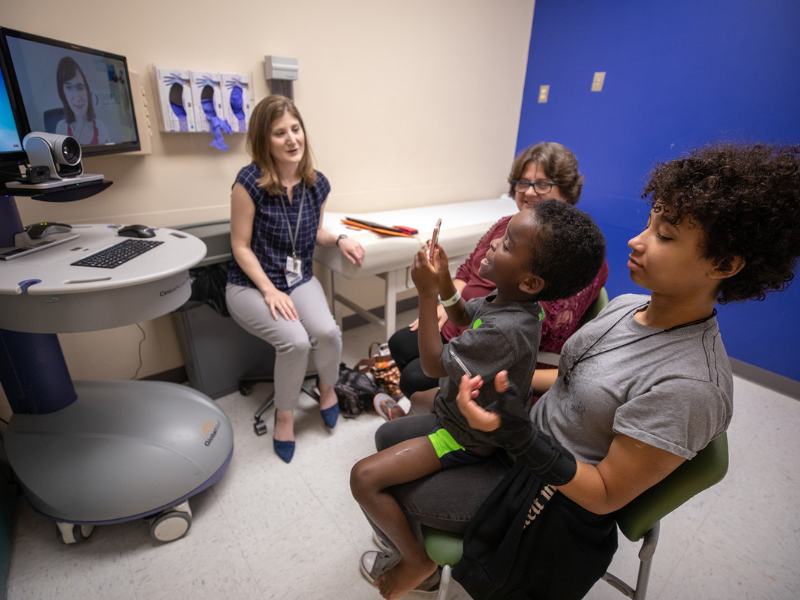
UMMC genetic counselors: New licensing law benefits patients, providers
Published on Monday, May 19, 2025
By: Annie Oeth, aoeth@umc.edu
This year, Mississippi will begin licensing genetic counselors, something the board-certified genetic counselors and geneticists at the University of Mississippi Medical Center say will improve care and attract more genetic counselors to the state.
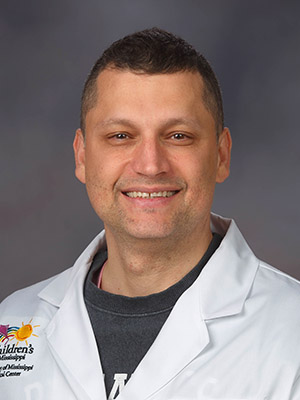
“It’s hard to overstate the significance of this,” said Dr. Mauricio De Castro, associate professor of genetics. “It’s a momentous occasion and is of great significance to patients in Mississippi.”
Genetic counselors are trained to assess an individual’s genetic information, make choices about genetic testing and provide support by helping patients understand the connection between genetics and myriad conditions.
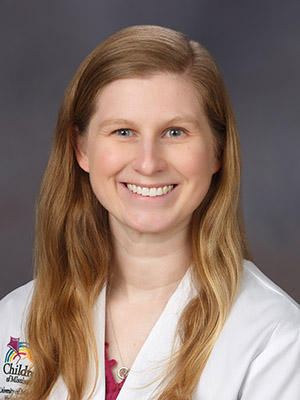
“A genetic counselor provides education and support to patients and families dealing with a diagnosis or risk of genetic disorder,” said Emily Boothe, associate professor of genetics. “We bridge the gap to make complex medical and genetic information understandable.”
All the state’s board-certified genetic counselors are employed by UMMC, providing genetic insights in obstetrics and gynecology, oncology, sickle cell disease, neurology, plastic surgery, pediatrics and more.
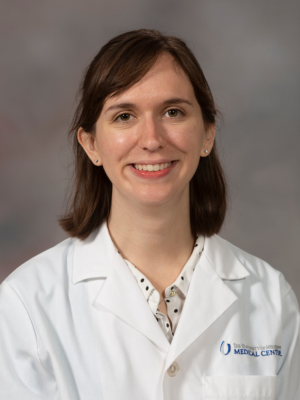
“There are 20,000 genes or so, and they affect any bodily system or organ,” said Leah Olewiler, assistant professor of genetics. “What we see is a huge breadth of conditions in patients from children to adults.”
Genetic counselors are part of the Medical Center’s missions of education, research and clinical care, teaching in UMMC’s School of Medicine and School of Nursing and providing care as part of multidisciplinary clinics in addition to making scientific discoveries. Genetic counselors are essential to designations such as becoming a National Cancer Institute Comprehensive Cancer Center, which is sought by UMMC.
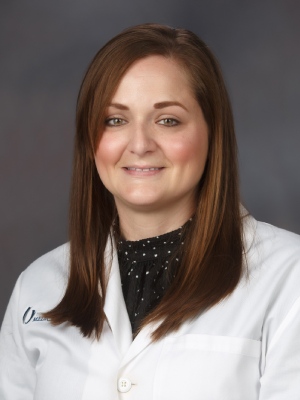
Licensing is something genetic counselors at UMMC have sought for about 15 years, said Laura Hendon, associate professor of genetics, a genetic counselor in obstetrics and gynecology. “We began discussing this in 2009, and by 2010, the first licensing bill was drafted.”
While a few bills on this topic were introduced during the 2025 legislative session, ultimately genetic counselor licensure was included in Senate Bill 2699, which was passed by the Legislature and signed into law by Gov. Tate Reeves on March 31.
The law calls for the Mississippi Department of Health to establish a licensure process no later than Jan. 1, 2026. Genetic counselors practicing in the state can continue to practice after July 1 until the licensure process is established. After the process is established, a license will be required for the practice of genetic counseling.
Licensing requirements may mirror what’s required for certification by the American Board of Genetic Counselors: a master’s degree in genetic counseling, supervised clinical experience hours and passing the ABGC exam.
The licensing protects the public, Hendon said. “Up to now, anyone in Mississippi could call themselves a genetic counselor. It’s important to know if your genetic counselor is board-certified. If genetic information is misinterpreted, it could impact care and result in treatment being too aggressive or not aggressive enough.”
Olewiler said the new licensing “opens the door to patient access.”
Mississippi will join 35 other states in licensing genetic counselors, and 11 other states have introduced licensing legislation.
“We’re grateful for the Medical Center’s support of this effort, and we are greatly appreciative of Chairman Sam Creekmore of New Albany, Chairman Hob Bryan of Amory, Rep. Missy McGee of Hattiesburg, and Sen. Nicole Boyd of Oxford for championing this issue,” Hendon said. “They have been dedicated to this cause for years and have been with us through it all.”
Physicians can refer patients to genetic counseling at UMMC, but self-referrals are also accepted. Genetic counseling is also part of care at numerous clinics at the Medical Center, including the Center for Maternal and Fetal Care at Wiser Hospital for Women and Infants, the Cancer Center and Research Institute and Children’s of Mississippi’s Center for Cancer and Blood Disorders.
Dr. Mary Taylor, Suzan B. Thames Chair and professor of pediatrics, applauded the licensing.
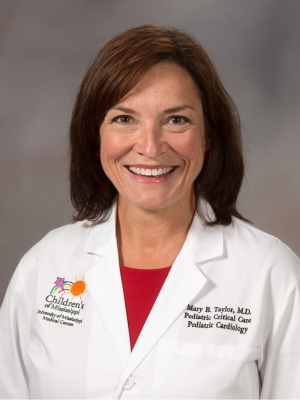
“Genetics play a large role in pediatric care and are involved in diagnosing and treating numerous disorders, so having genetic counselors at Children’s of Mississippi is essential,” she said. “Having professional licensure will make Mississippi a more attractive state for genetic counselors to practice and will encourage those who specialize in genetic counseling to stay.”
Dr. J. Martin Tucker, Winfred L. Wiser Chair in Obstetrics and Gynecology, said genetics and genetic counseling is integral to OB-GYN care and maternal-fetal medicine.
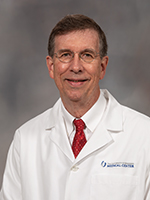
“Having genetics counselors on our team is critical to comprehensive women’s health care,” he said. “We are grateful to the Mississippi Legislature and Gov. Reeves for passing this law.”
Dr. Rachael Morris, maternal-fetal medicine program director and associate professor of obstetrics and gynecology, said having a skilled genetic counselor as part of the care team is “truly invaluable.”
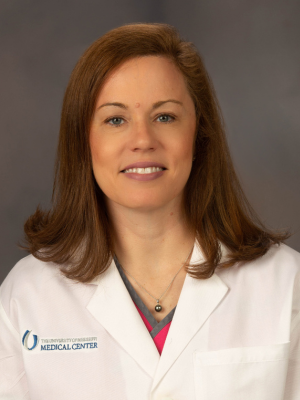
“Their expertise in translating complex genetic information into clear, compassionate guidance empowers both patients and providers to make informed decisions,” Morris said. “For us in maternal-fetal medicine, their support enhances prenatal care by helping identify potential risks early, facilitating thoughtful discussions around testing options, and ultimately ensuring our patients feel supported and understood throughout their journey.”
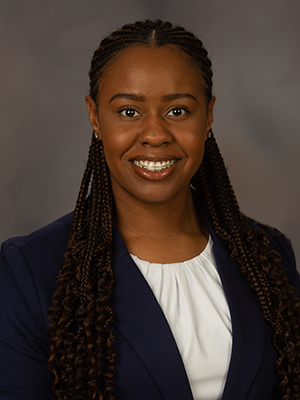
Zaria Neal, a genetics instructor and genetic counselor for prenatal and pediatric patients, said the advocacy continues, as the National Society of Genetic Counselors (NSGC) supports a federal Genetic Counselor Services Act that would recognize genetic counselors as health care providers for Medicare beneficiaries.
Genetic counseling assistant Mallory Dickey said UMMC’s genetic counselors often visit students in the state’s high schools and colleges to share more information about their career. UMMC’s genetic counselors have served on NSGC committees on the national level.
“Genetics is an important part of medicine, and we are passionate about care,” Olewiler said. “We see a great need in Mississippi, and so many never make it to us. We want to change that.”


